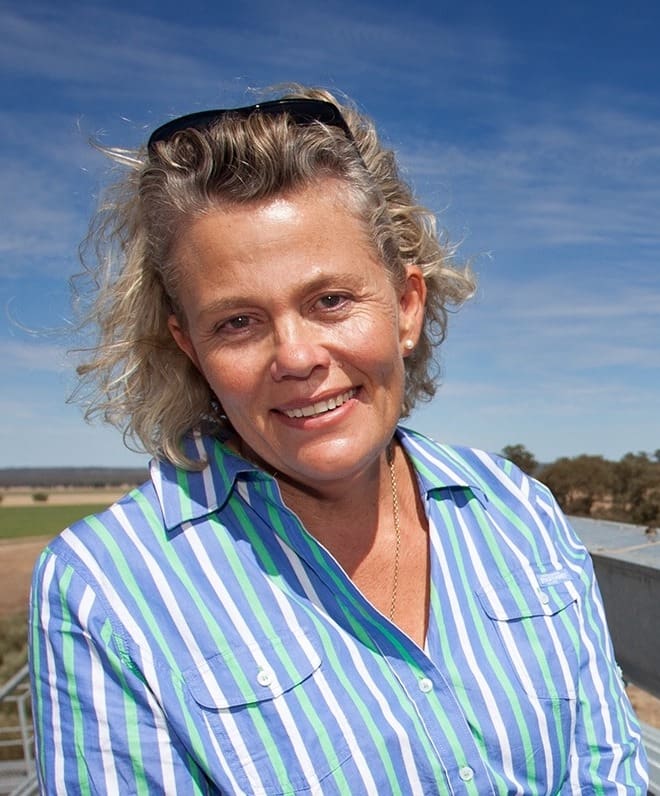THE National Farmers’ Federation (NFF) says a decision by a Californian court to ignore the established science on the safety of glyphosate sets a dangerous and reckless precedent for agriculture across the world.
On Friday, a jury in the United States found against Monsanto, the manufacturers of Roundup in which glyphosate is the active ingredient.
The plaintiff’s legal team argued that exposure to glyphosate had contributed to his diagnosis of terminal cancer.
NFF president, Fiona Simson, said the science on the safety of glyphosate was ‘clear and overwhelmingly’.
“It is concerning that such a significant legal decision has been made in blatant ignorance of the findings of the world’s most authoritative sources on human health,” she said.
Ms Simson said glyphosate was used in Australian farming systems as part of a ‘toolkit’ of measures to control invasive and noxious weeds and to enable farmers to grow productive food crops.
“It is used broadly because science has established that it is safe to use.”
The product’s safety has been supported by Canada, New Zealand and the Australian Pesticides and Veterinary Medicines Authority (APVMA), which concluded “that glyphosate does not pose a carcinogenic risk to humans and that there are no grounds to place it under formal reconsideration”.
The APVMA completed its assessment of the World Health Organisation’s International Agency for Research on Cancer (IARC) report and other recent assessments of glyphosate and concluded that the use of glyphosate in Australia did not pose a cancer risk to humans.
Ms Simson said glyphosate also had significant environmental benefit.
“Through the use of glyphosate, farmers are able to practice minimum tillage – protecting soil structure and nutrients and ultimately increasing the storage of soil carbon.
“Minimum tillage can reduce soil erosion by up to 90 percent.”
Ms Simson said importantly, farmers were also consumers, with a social and environmental conscience.
“Farmers, like all citizens, care about the safety and health of their families and farm workers and of the impact of their practices on the land they manage.
“No other herbicide has been tested to the lengths that glyphosate has. After four decades of evaluations, no regulatory agency in the world considers glyphosate to be carcinogenic.
“With all due respect to Californian legal processes, herbicide use should be based on science.
“Australian farmers can continue to use glyphosate in accordance with the instructions of the label, knowing it is safe to do so.”
Source: NFF


HAVE YOUR SAY